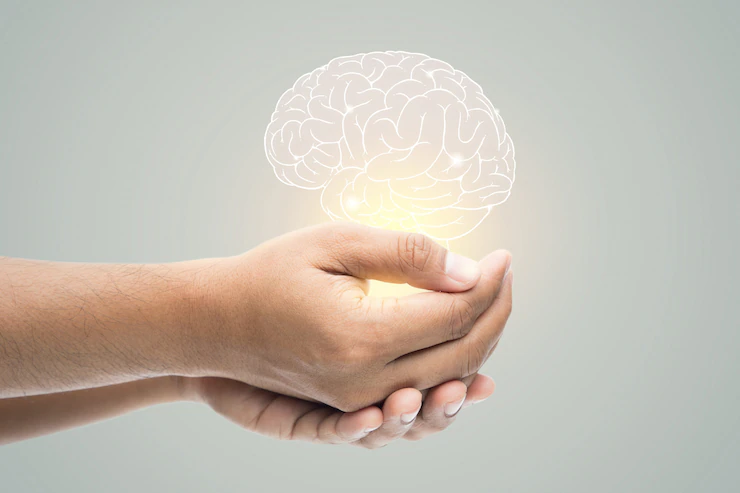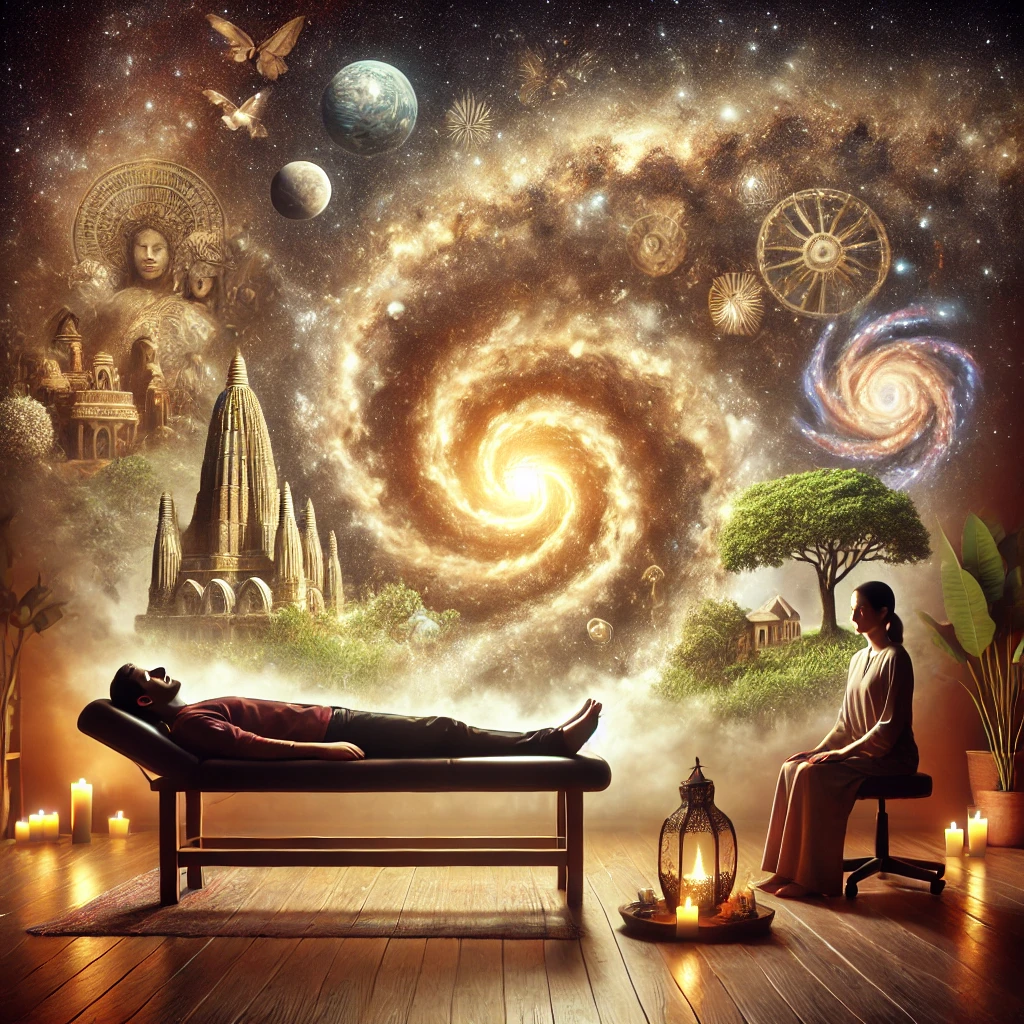Date
This doesn’t mean serious diseases and conditions. These are the minor issues that we generally ignore and don’t deal with because we suppose they don’t make sense. We’re too busy with perfecting our lives that we forget that internal stress and anxiety are serious issues and you should seek help as soon as possible.
Mental ails are health conditions involving changes in emotion, allowing or geste (or a combination of these). Mental ails are associated with torture and/ or problems performing in social, work or family conditioning.
Mental illness is common. In a given time
- Nearly one in five (19) U.S. grown-ups witness some form of internal illness.
- One in 24(4.1) has a serious internal illness.
- One in 12(8.5) has a diagnosable substance use complaint.
Mental illness is treatable. The vast maturity of individualities with internal illness continue to serve in their diurnal lives.
About Mental Health
Mental Health involves effective functioning in diurnal conditioning performing in
- Productive conditioning (work, academy, caregiving).
- Healthy connections.
- Capability to acclimatize to change and manage with adversity.
Mental Illness refers inclusively to all diagnosable internal diseases — health conditions involving
- Significant changes in thinking, emotion and/or geste.
- torture and/ or problems performing in social, work or family conditioning.
Mental health is the foundation for feelings, allowing, communication, literacy, adaptability and tone- regard. Mental health is also crucial to connections, particular and emotional well- being and contributing to community or society.
numerous people who have a internal illness don’t want to talk about it. But internal illness is nothing to be shamed of! It’s a medical condition, just like heart complaint or diabetes. And internal health conditions are treatable.
We’re continually expanding our understanding of how the mortal brain workshop, and treatments are available to help people successfully manage internal health conditions.
Mental illness doesn’t distinguish; it can affect anyone anyhow of your age, gender, terrain, income, social status, race/ race, religion/ church, sexual exposure, background or other aspect of artistic identity.
While internal illness can do at any age, three- fourths of all internal illness begins by age 24.
Mental ails take numerous forms. Some are mild and only intrude in limited ways with diurnal life, similar as certain phobias (abnormal fears). Other internal health conditions are so severe that a person may need care in a sanitarium.
Types of internal health issues and ails
Anxiety diseases
Anxiety diseases is a group of internal health diseases that includes generalised anxiety diseases, social phobias, specific phobias (for illustration, agoraphobia and claustrophobia), fear diseases, compulsive obsessive complaint (OCD) and post-traumatic stress complaint. undressed, anxiety diseases can lead to significant impairment on people’s diurnal lives.
Behavioural and emotional diseases in children
Common Geste diseases in children include oppositional recalcitrant complaint (ODD), conduct complaint (CD) and attention deficiency hyperactivity complaint (ADHD). Treatment for these internal health diseases can include remedy, education and drug.
Bipolar affective complaint
Bipolar affective complaint is a type of mood complaint, preliminarily appertained to as ‘manic depression’. A person with bipolar complaint gests occurrences of mania (intoxication) and depression.
The person may or may not witness psychotic symptoms. The exact cause is unknown, but a inheritable predilection has been easily established. Environmental stressors can also spark occurrences of this internal illness.
Depression
Depression is a mood complaint characterised by lowering of mood, loss of interest and enjoyment, and reduced energy. It isn’t just feeling sad.
There are different types and symptoms of depression. There are varying situations of inflexibility and symptoms related to depression. Symptoms of depression can lead to increased threat of suicidal studies or behaviours.
Dissociation and dissociative diseases
Dissociation is a internal process where a person disconnects from their studies, passions, recollections or sense of identity. Dissociative diseases include dissociative amnesia, dissociative fugue, depersonalisation complaint and dissociative identity complaint.
Eating diseases
Eating Diseases include anorexia, bulimia nervosa and other binge eating diseases. Eating diseases affect ladies and males and can have serious cerebral and physical consequences.
compulsive obsessive complaint
compulsive obsessive complaint (OCD) is an anxiety complaint. prepossessions are intermittent studies, images or impulses that are protrusive and unwanted. forces are time- consuming and distressing repetitious rituals. Treatments include cognitive geste remedy (CBT), and specifics.
Paranoia
Paranoia is the illogical and patient feeling that people are ‘out to get you’. Paranoia may be a symptom of conditions including paranoid personality complaint, delusional (paranoid) complaint and schizophrenia. Treatment for paranoia include specifics and cerebral support.
Post-traumatic stress complaint
Post-traumatic stress complaint (PTSD) is a internal health condition that can develop as a response to people who have endured any traumatic event. This can be a auto or other serious accident, physical or sexual assault, war- related events or torture, or natural disasters similar as bushfires or cataracts.
Psychosis
People affected by psychosis can witness visions, visions and confused thinking. Psychosis can do in a number of internal ails, including medicine- convinced psychosis, schizophrenia and mood diseases. drug and cerebral support can relieve, or indeed exclude, psychotic symptoms.
Schizophrenia
Schizophrenia is a complex psychotic complaint characterised by dislocations to thinking and feelings, and a distorted perception of reality.
Symptoms of schizophrenia vary extensively but may include visions, visions, allowed complaint, social pull out, lack of provocation and bloodied thinking and memory. People with schizophrenia have a high threat of self-murder. Schizophrenia isn’t a split personality.


